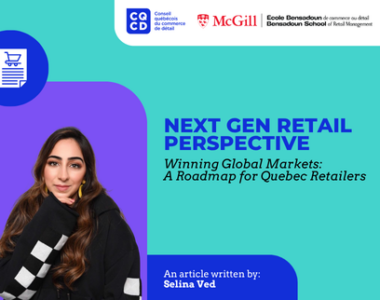At a time when ‘sustainable fashion’ carried little mainstream weight, Matt & Nat’s foresight and ethical leadership gave it a head start. Their blend of values and design created a unique offering, helping the brand grow into a major player in this space.
A key driver of their growth has been strategic sourcing and distribution. Their production was expanded around the world, which allowed the business to scale while at the same time maintaining the importance of product quality. In addition, the brand has continued to balance affordability and luxury, appealing to a large audience without having to compromise on aesthetics or sustainability. Notably, Matt & Nat incorporates sustainable practices by crafting all interior linings of their bags from 100% recycled plastic bottles, recycling approximately 21 bottles per bag. They also utilize materials such as biodegradable alternatives to traditional plastics, and have introduced collections featuring PVB, a material made from 100% recycled windshield glass resin (Matt & Nat, 2025).
Despite rising competition, Matt & Nat has stayed true to its founding philosophy while evolving its product lines. New materials like cork, recycled nylon, and biodegradable PU reflect their ongoing commitment to innovation. Their ability to merge sustainability with smart business decisions proves that profitability and ethics can go hand in hand.
I see the company as a great success story of a brand staying true to their values. Long before sustainability was a trend, they led with purpose. Their smart sourcing, expansion to 12 standalone stores across North America (2016–2019), and strong branding have helped them thrive in a competitive market (Patterson, 2019). As the demand for sustainable alternatives grows, Matt & Nat shows how mission-driven leadership creates long-term success.




